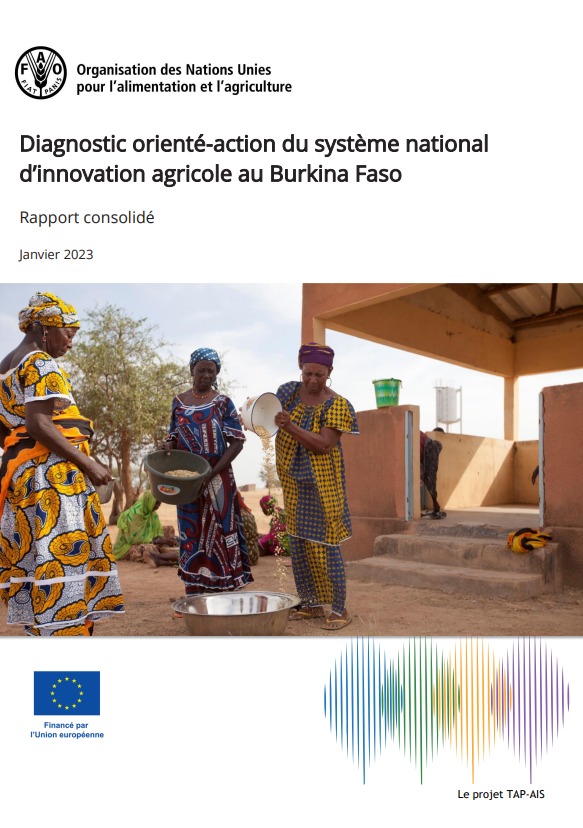The importance and determinants of purchases in rural food consumption in Africa: implications for food security strategies
We analyze rural households’ purchases of food (cereals and non-cereals) in Sub-Saharan Africa using nationally representative data with 65,000 observations covering 7 countries over a decade. We distinguish between three strata of countries: lower stratum in income and urbanization, middle stratum, and upper stratum. The paper breaks ground by the breadth and time length of the sample. We find that purchases form the majority of rural food consumption whether in favorable or unfavorable agroecological zones and over country and income strata and for most food products.



